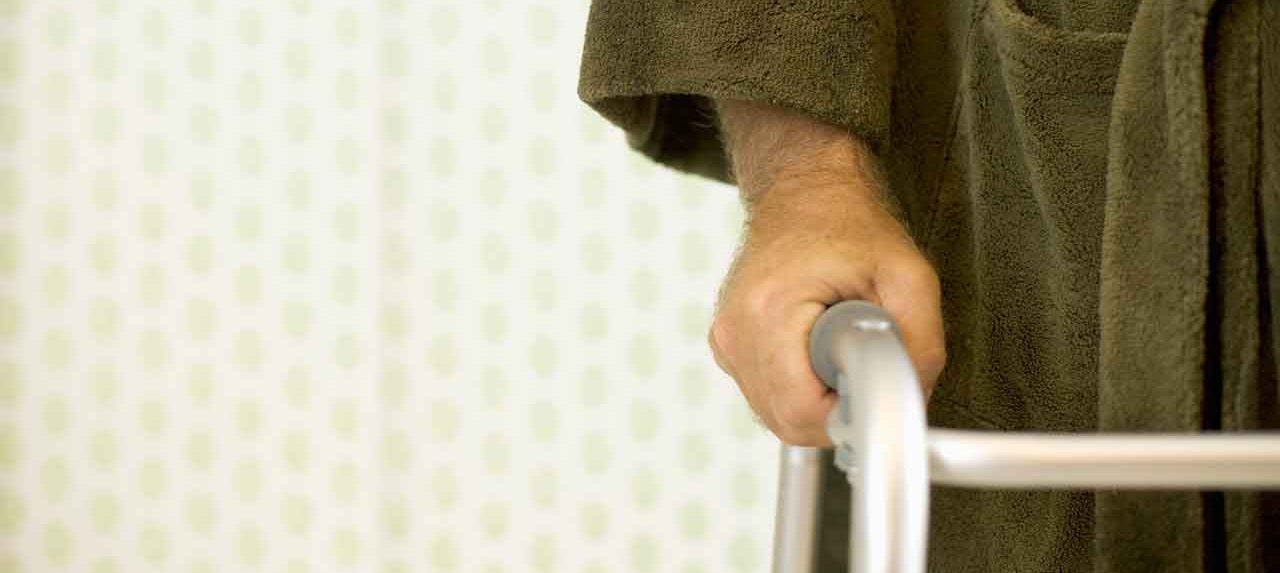Senior Abuse May Start at Home

Family members are the most common offenders.
Elder abuse is sadly common. What we may miss is that elders abuse each other. They are also abused by their children.
In a 2016 study of 10 nursing homes in New York state, both urban and suburban, researchers tracked what happened over a month — interviewing residents and staff, reading reports, and making their own observations. They concluded that more than 20 percent of the residents experienced some kind of abuse from another resident. Verbal abuse, typically insults, was most common, but “physical mistreatment also occurs frequently,” they concluded. Fewer nurse-aides per patient made abuse more common.
YOU MIGHT ALSO LIKE: More Men Are Caring for Women
What can you do? If your parents aren’t getting along in a nursing home, you might ask the staff to separate. You could also ask staff to keep certain people away from your loved one. Monitor the situation.
Outside of nursing homes, the abusers tend to be adult children or spouses. Drug or health problems, unemployment, and problems with the police are all risk factors, research suggests. Some sons and daughters finance addictions with Mom’s monthly check or leave her with rambunctious small children even though she’s frail.
We tend to suspect strangers or home-care aides of financial fraud, but, again, family and friends and neighbors are more likely to be the culprits. Also don’t assume that people in their seventies can protect themselves: they are more likely to be living with abusive spouses and children.
Warning signs include:
- A “new best friend” who is willing to care for the senior for little or no cost.
- Recent changes in banking or spending patterns.
- Your elder no longer sees friends and family.
- A caregiver has problems with drugs, alcohol, anger, or emotional instability.
- A caregiver is financially dependent on the older person.
- A family pet seems neglected or abused.
- You see bruises, cuts, bed sores, or untreated problems with an elder’s hearing, eyesight, or teeth.
- Your elder complains that someone is taking things without her permission, asking her to do things she’s not comfortable with, or leaving her alone at home too often
Depression may be the only give-away sign that a bad situation has become abusive. Let’s say you’ve known for years that your uncle swears at your aunt when he drinks at night. She used to go to bed on her own, but now she needs his help on the stairs. He’ll swear at her if he’s onto his third beer.
YOU MIGHT ALSO LIKE: Doctors Should Reduce Some Medicines in Seniors
You might think, “She’s used to it by now.” Actually, verbal and emotional abuse can be even more painful or just as debilitating a physical abuse.
What counts as a problem? In one study, researchers asked, has anyone insulted you, called you names, or swore at you; threatened you; undermined or belittled what you do; excluded you or repeatedly ignored you; threatened to harm others that you care about” or prevented you from seeing others that you care about?
Try to get your aunt alone to ask questions and suss out how often your uncle’s bad spells occur.
If you see or hear of an injury, talk to her and other household members separately to see if they explain it the same way. With your aunt, you might start with open-ended questions, like “Do you feel safe at home?” or “Has someone not helped you when you needed help?”
Intervention programs can help your aunt think through a solution and take steps. She may need urging and financial advice to hire a caregiver a few afternoons a week, taking pressure off her husband. Maybe the family needs to confront him about his drinking.
It’s possible that any questioning could make your uncle behave even more badly or even make it impossible for you to see your aunt. Even if you’re not certain whether the situation constitutes abuse, bring your concern to professionals. You can reach an Eldercare Locator by telephone at 1-800-677-1116, Monday through Friday, 9 a.m. to 8 p.m. Eastern Standard Time. Specially trained operators will refer you to a local agency that can help. You can also check this list of state agencies.
In most states you can discuss or report suspected abuse without giving your name. Even if you do, the professionals who follow up will not reveal it to your aunt or uncle. But you will need to supply a name, address, and contact information for the suspected victim.
RESOURCES
- National Center on Elder Abuse: www.ncea.aoa.gov
- Ageless Alliance: www.agelessalliance.org
- Eldercare Locator: www.eldercare.gov
Updated:
April 07, 2020
Reviewed By:
Janet O’Dell, RN